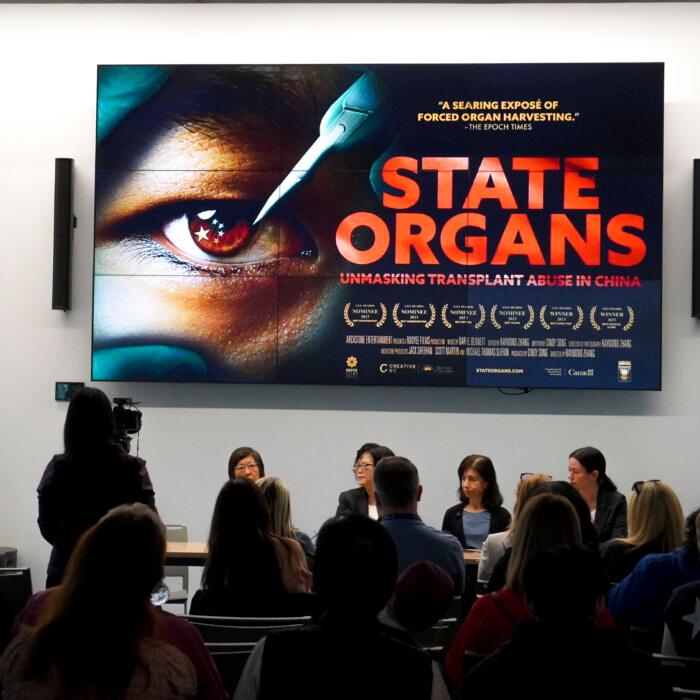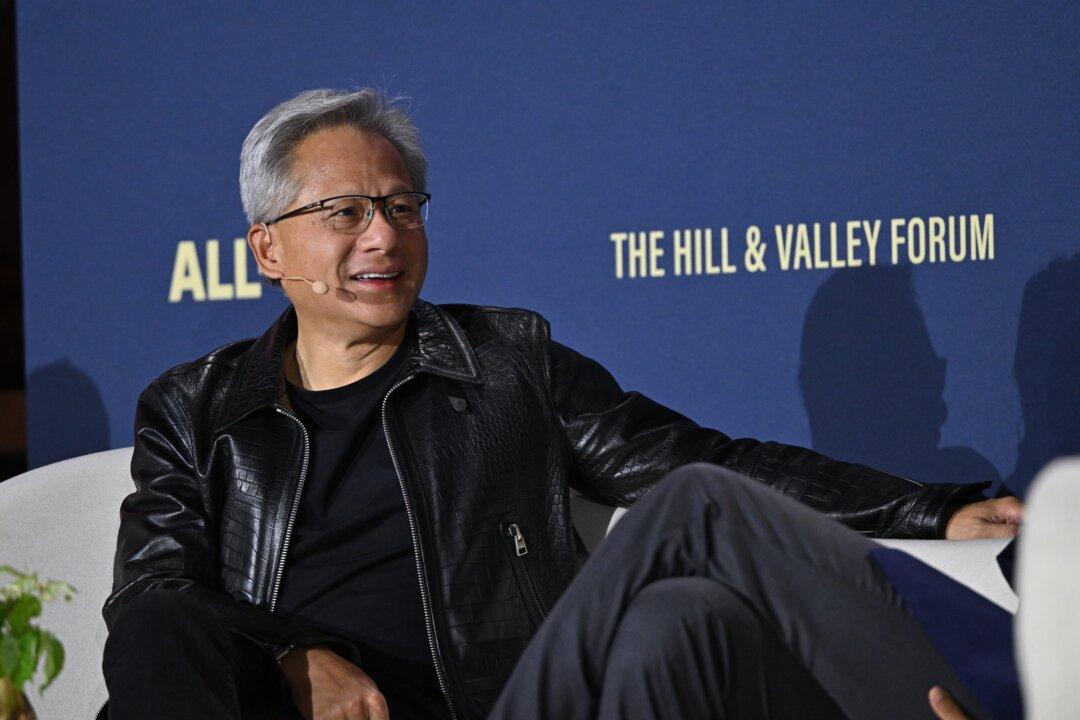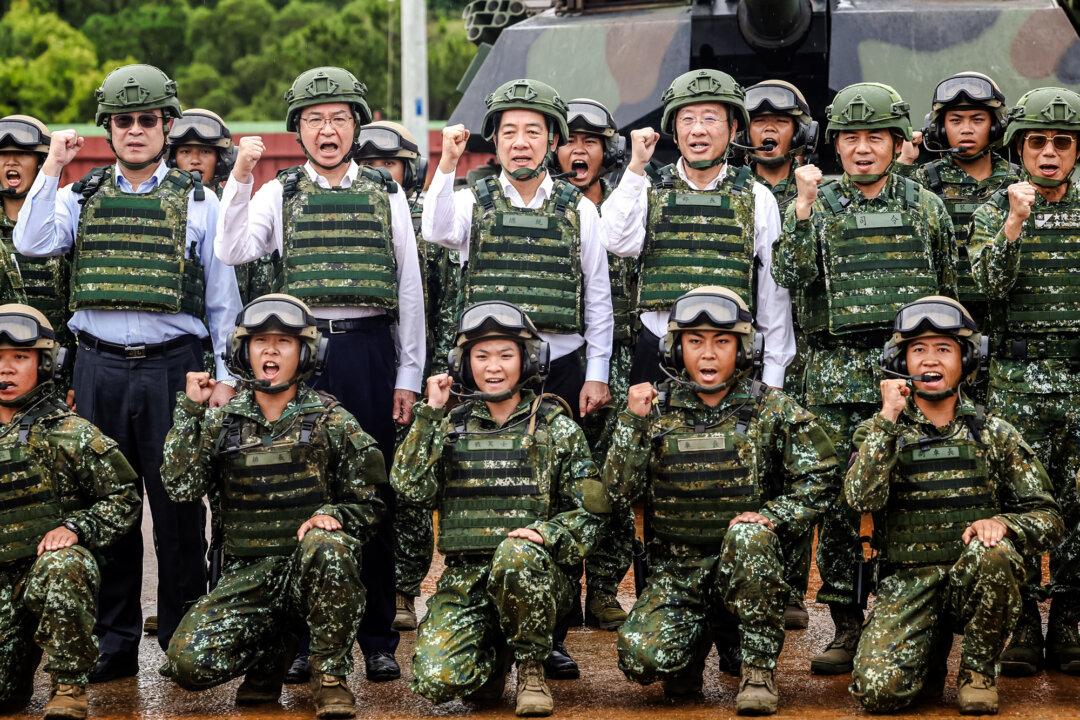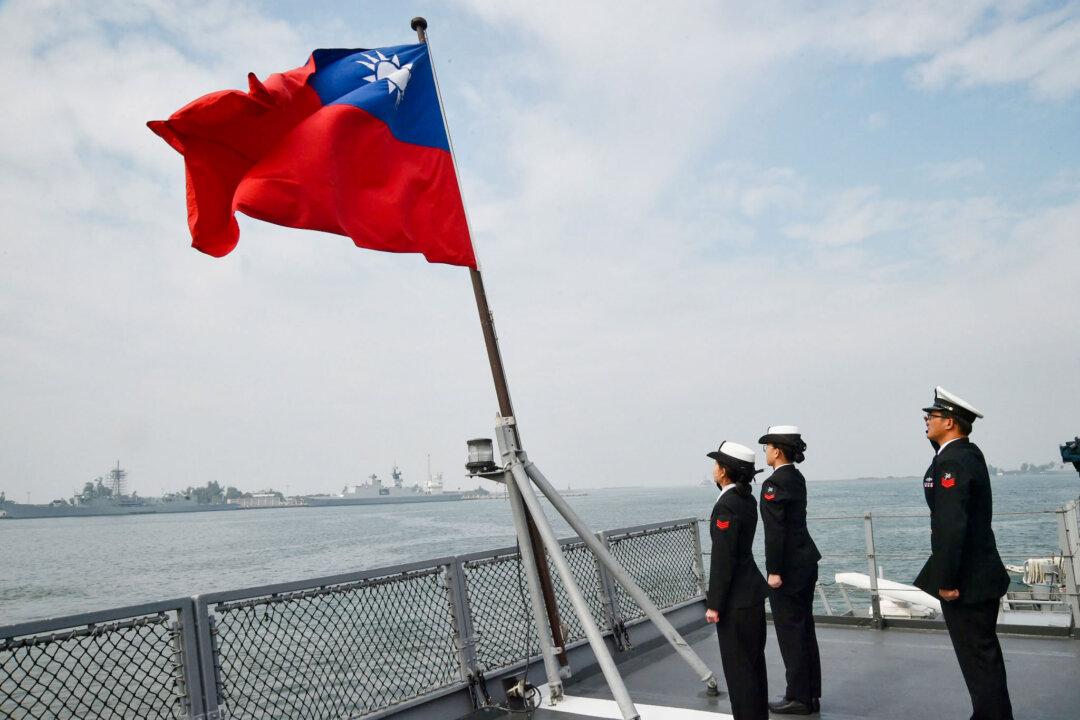“State Organs: Unmasking Transplant Abuse in China,” an award-winning documentary on China’s forced organ harvesting operations, held its first UK screening at London Shepherd Church on Oct. 11.
The film exposes a “harrowing government-run organ harvesting operation” in China, according to its website. The production team spent seven years gathering evidence and interviewing families of victims to complete the documentary.
Church minister Paul Song, who organized the screening at London Shepherd Church, said the congregation was eager to support victims of persecution.
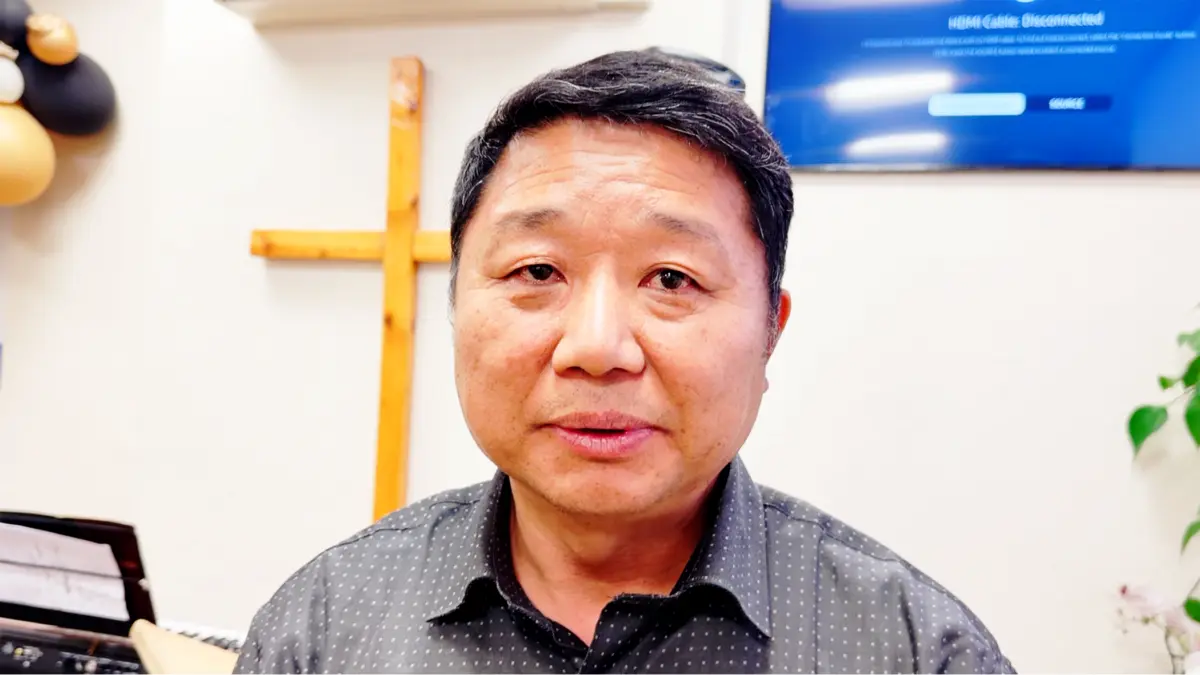
“Anything for someone who stays in the darkness. We are the ones that stand with these vulnerable people,” Song said at the screening site of the documentary.
Audience members also voiced their solidarity with the victims of organ harvesting and other crimes against humanity committed by the Chinese communist regime.
Church member Kang Heo, 24, said the stories were “incredibly tragic.”
“It was incredibly saddening, just especially the rape and organ harvesting. Just looking at it was a mixed reaction of all emotions,” Heo said.
Describing the Chinese regime’s killing of people for their organs as “crazy,” he said, “I was thinking I have to do something, to share this with people.”
Among those attending was North Korean defector and human rights activist Jihyun Park, who said the film was significant for raising awareness of abuses in Asia.
“When I stayed in China, I heard about Falun Gong people. I’m a human rights activist, so I heard more about how the Chinese Communist Party [CCP] takes out human organs,” Park said.
Documentary Screening Interrupted in Seoul
The film’s London screening comes months after “State Organs” was abruptly pulled from a major theater chain in South Korea.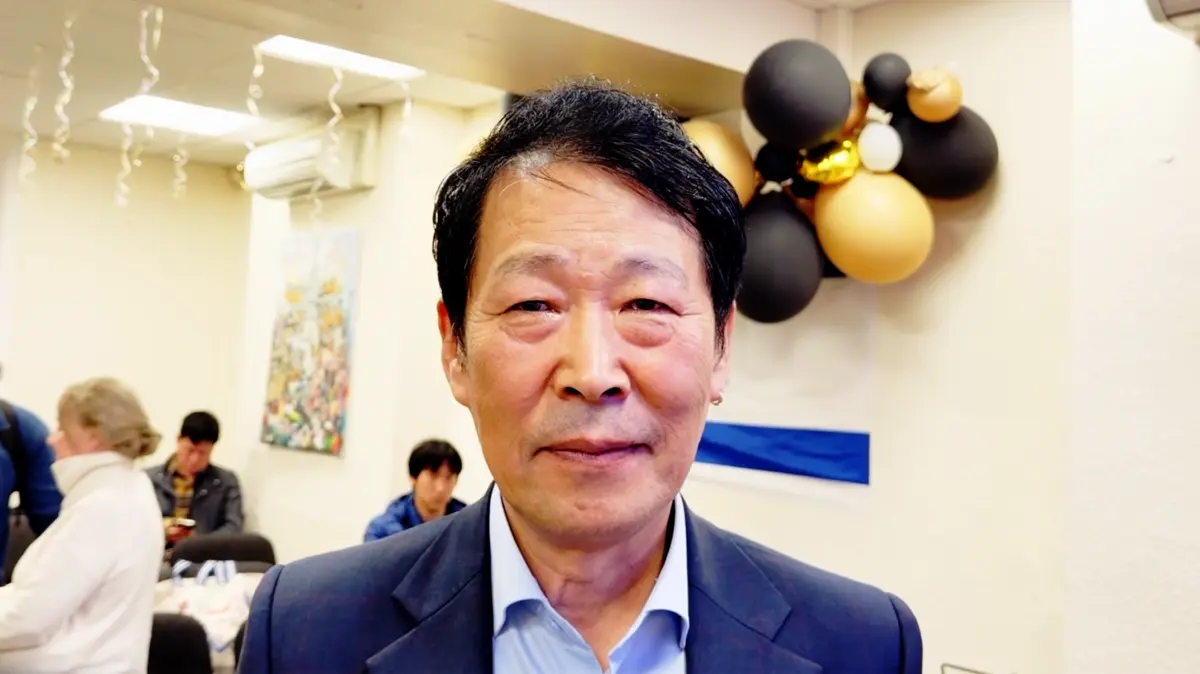
“We have freedom of speech, and this is art,” he said. “With any art and this free movie, you can tell the truth to the whole world.”
On May 29, the day before SLIFF was due to begin, Megabox, one of the largest Korean theater chains, canceled all scheduled screenings, calling the event “politically charged,” said Hur.
The decision drew criticism from festival organizers, who said they were not notified in advance.
Hur linked the South Korean cancellation to political pressure from Beijing.
“The Chinese government pressures [the] South Korean government. [They] don’t [want] to show this kind of feeling,” he said. “Because if Korean people see these things, then Korean people [are] against China, that is why.”
Song, the church minister, led the audience members in prayer before and after the screening of the documentary.
“All our members, over 20 nationalities in our church, we’re willing to support the Chinese [who are suppressed by the CCP],” Song said.


